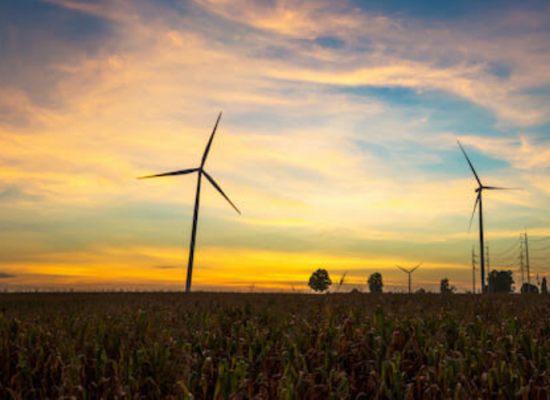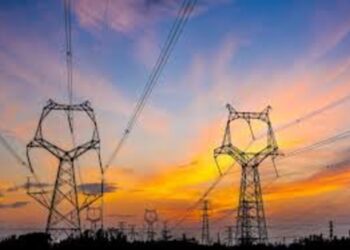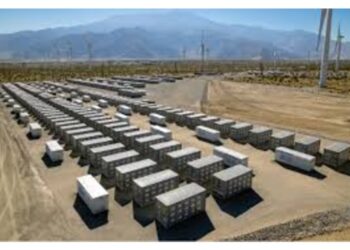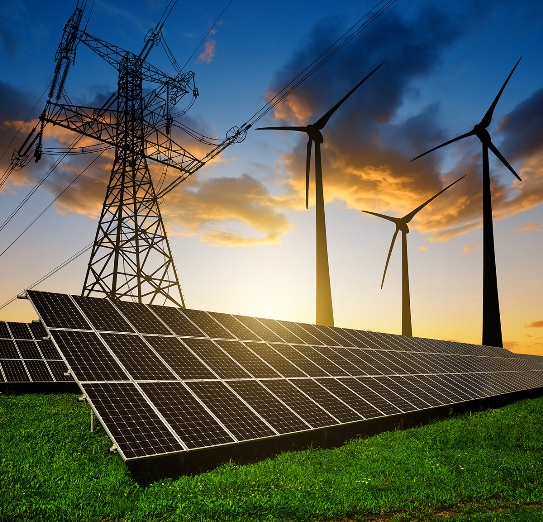The Solar Energy Corporation of India (SECI) recently concluded the auction for its 2 GW ISTS-connected wind projects tender. The nodal agency has awarded only 970 MW capacity to the two successful bidders in Vena Energy (L1) and JSW Energy (L2).
The tender (Tranche-IX) for the selection of the wind power developers was issued by SECI in March, with bid submission deadlines and document submissions ending on July 28, 2020.
Vena Energy, which recently won 100 MW capacity as the lowest (L1) bidder in the Gujarat Urja Vikas Nigam Limited’s (GUVNL’s) solar auction for its 700 MW solar tender, also won this tender after submitting the L1 bid of Rs 2.99 per unit. The firm was awarded 160 MW wind projects capacity in the auction.
Making its entry into the wind energy sector, JSW Energy – the wholly-owned subsidiary of Sajjan Jindal led JSW Group – submitted the L2 bid of Rs 3.00 per unit and bagged a massive 810 MW project capacity in the auction.
Besides the two winners, only one other bid was submitted for the tender, by Inox Wind. Wind tenders have been heavily undersubscribed in the last 18 months in India. This could be attributed to problems in securing good sites with attractive wind resources and adequate access to transmission networks.
The winners will now set up the projects anywhere in India on a “Build Own Operate” basis. SECI has been designated as Trader for purchase and sale of wind power from the projects and will enter into Power Purchase Agreements (PPA) with the two winners for a period of 25 years and Power Sale Agreements with the interested Buying Entities.
It has also been clarified that any change in the rates of any Taxes after the last day of submission of the bid, including any duties and cess or the introduction of any new tax made applicable for setting up the power project and supply of power from the Wind Power project by the WPD which have a direct effect on the Project, shall only be considered as “change in law”. However, Change in Law shall not include (i) any change in taxes on corporate income; or (ii) any change in any withholding tax on income or dividends.













